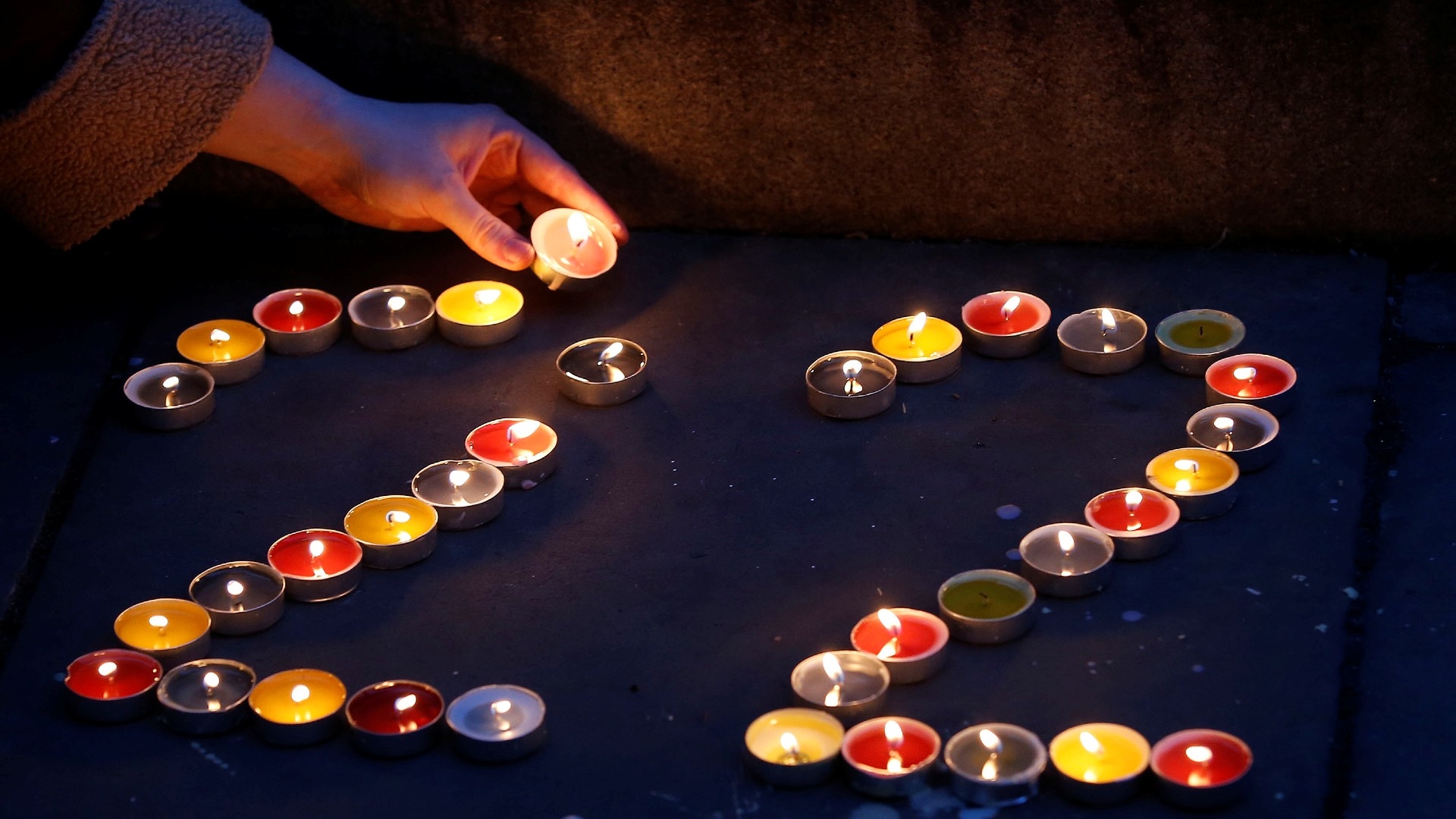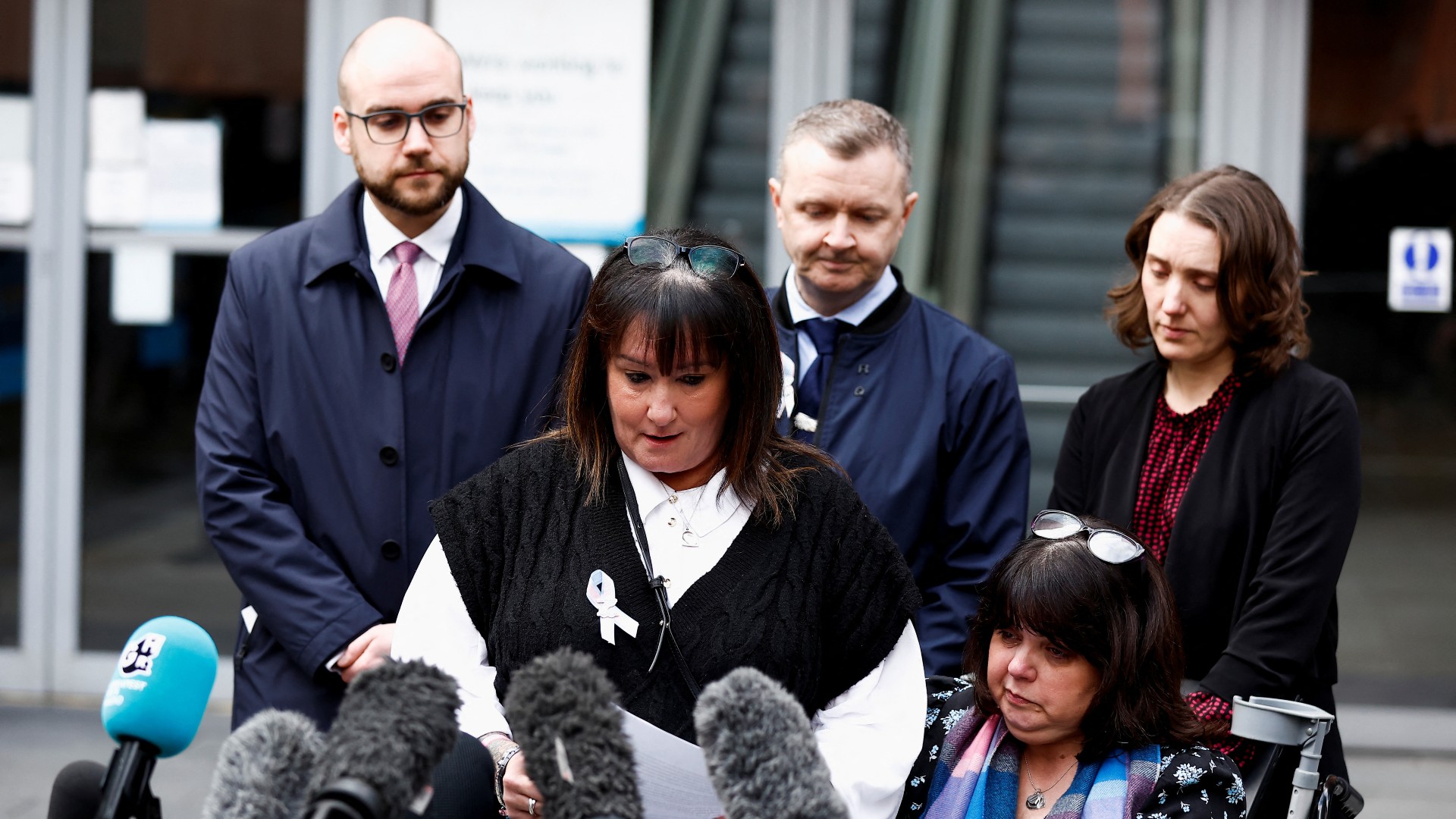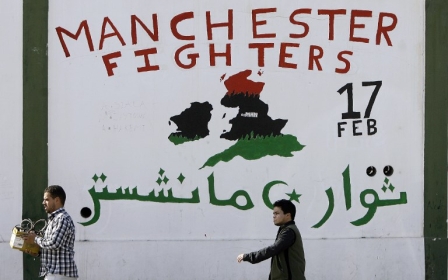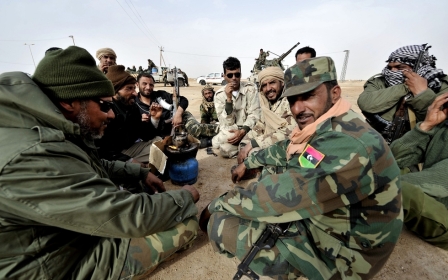The gaping hole in the Manchester Arena inquiry: The role of the British state

Sir John Saunders, chair of the public inquiry into the deadly Manchester Arena bombing, has done a solid job.
But only up to a point. He’s carried out a thorough operation, uncovering the family background, education and terrorist training of Salman Abedi, about whom more must now be known than any suicide bomber in history.
To put the matter brutally: was the British state a part of the apparatus of terror which killed 22 innocent people in Manchester?
He found that failure to act on crucial evidence by Britain’s domestic security service MI5 was a “significant missed opportunity” to prevent the atrocity - though he wouldn't give us the detail.
And he’s exhaustively studied the perimeter security of the Manchester Arena. But there’s one very serious hole in Saunders' report. He’s failed to ask the deep, searching and very necessary questions about the domestic impact of British foreign policy.
To put the matter brutally: was the British state a part of the apparatus of terror which killed 22 innocent people in Manchester?
New MEE newsletter: Jerusalem Dispatch
Sign up to get the latest insights and analysis on Israel-Palestine, alongside Turkey Unpacked and other MEE newsletters
And this marks a very serious failure in a report whose overriding purpose is to learn the lessons from the tragedy, and do everything to make sure nothing like it ever happens again.
Warnings over Iraq
No surprise. We’ve been here before.
Exactly 20 years ago, in the run-up to the Iraq invasion of 2003, certain experts - including then MI5 chief Eliza Manningham-Buller - warned it would make the streets of Britain more dangerous. These warnings were categorically ignored by the then Prime Minister Tony Blair.
Even when Manningham-Buller’s prophecy was proven tragically accurate with the 7/7 bombings in London in 2005, Blair continued to deny the link with British foreign policy - even though the 7/7 bombers themselves had made the connection explicit in videotaped statements that were released posthumously.
Blair refused to call an independent inquiry, calling it a “ludicrous diversion”. When David Cameron became prime minister in 2010, he commissioned Lady Justice Hallett to carry out an investigation.
Hallett focused on the emergency response and the role of domestic counter-terrorism, ignoring the foreign policy dimension.
Yesterday, history repeated itself. Saunders showed the identical lack of curiosity in any foreign policy connection as Hallett.
As Saunders describes it, Abedi came from a family of Libyan exiles, and his father, Ramadan, was a supporter of the al-Qaeda-linked Libyan Islamic Fighting Group (LIFG), whose militants were among those supported by Nato when it moved against Muammar Gaddafi in the 2011 Libya war.
Saunders accepts that Abedi probably fought with Islamist militias alongside his father (aged 16 in 2011). Thereafter, Salman spent a great deal of time in Libya, where Saunders accepts he may have learned the techniques used to such deadly effect at the Manchester Arena.
Saunders also notes the astonishing fact that Salman Abedi was permitted to travel freely to and from Libya in the years running up to the Manchester atrocity. He spent much of the summer of 2016 there, too, at a time when the Islamic State (IS) group was running training camps and planning attacks on Europe.
Incredibly, at no point was Abedi stopped and questioned on his way in or out of Britain. Why not?
'No questions asked'
As Middle East Eye revealed all of four years ago, the British government operated an "open door" policy that allowed Libyan exiles - and British-Libyan citizens - to join the 2011 uprising that toppled Gaddafi, even though some had been subject to counter-terrorism control orders.
Several former rebel fighters told MEE that they had been able to travel to Libya from Britain with "no questions asked".
One British citizen with a Libyan background who was placed on a control order - effectively house arrest - because of fears that he would join militant groups in Iraq, told MEE that he was "shocked" he was able to travel to Libya in 2011 shortly after his control order was lifted.
He said he had met several other British-Libyans in London who also had control orders lifted in 2011 as the war against Gaddafi intensified, with the UK, France and the US carrying out air strikes and deploying special forces in support of the rebels.
One British citizen with a Libyan background told MEE that he was 'shocked' he was able to travel to Libya in 2011 shortly after his control order was lifted
Belal Younis, another British citizen who went to Libya, described how he was stopped under Schedule 7 counter-terrorism powers on his return to the UK after a visit to the country in early 2011.
Schedule 7 allows police and immigration officials to detain and question any person passing through border controls at ports and airports to determine whether they are involved in terrorism.
He said he was subsequently asked by an intelligence officer from MI5: "Are you willing to go into battle?" "While I took time to find an answer he turned and told me the British government have no problem with people fighting against Gaddafi," he told MEE.
All this makes it bewildering that Sir John Saunders failed to call either the Secret Intelligence Service (MI6) or GCHQ to his inquiry for questioning. And when an MI5 officer (Witness J) was interviewed, he was little more than a bland voice with no detailed knowledge of the Libya file.
Potentially deadly consequences
Britain, along with other western states, was scarred by the Iraq experience and reluctant to put troops on the ground in Libya, preferring to allow local militant groups to do the fighting.
This is why there are powerful reasons to regard both the 7/7 bombings and the Manchester Arena atrocity as different versions of blowback. The 7/7 bombers never had dealings with the British state. As posthumous videos made clear, they were acting out of revenge for the Iraq invasion.
The Abedi family is more complicated. The suspicion remains that Salman Abedi was turned into a terrorist courtesy of the British state, as the probably unwitting agent of a British foreign policy intervention that backfired horribly in the Manchester Arena.
Saunders’ lack of curiosity means that we may never know the answer, one way or the other.
This is a betrayal of the 22 victims of the Manchester Arena atrocity, with potentially deadly consequences for the future.
The views expressed in this article belong to the author and do not necessarily reflect the editorial policy of Middle East Eye
Middle East Eye delivers independent and unrivalled coverage and analysis of the Middle East, North Africa and beyond. To learn more about republishing this content and the associated fees, please fill out this form. More about MEE can be found here.






